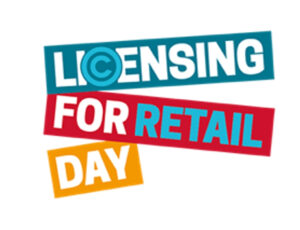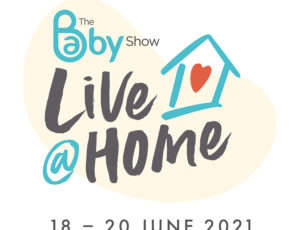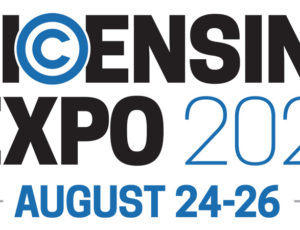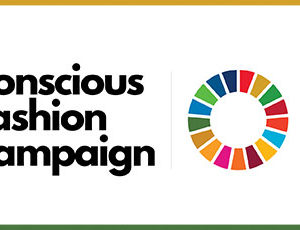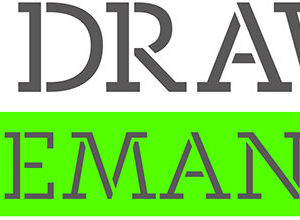Licensing Week Virtual unites industry and highlights post-pandemic growth and trends
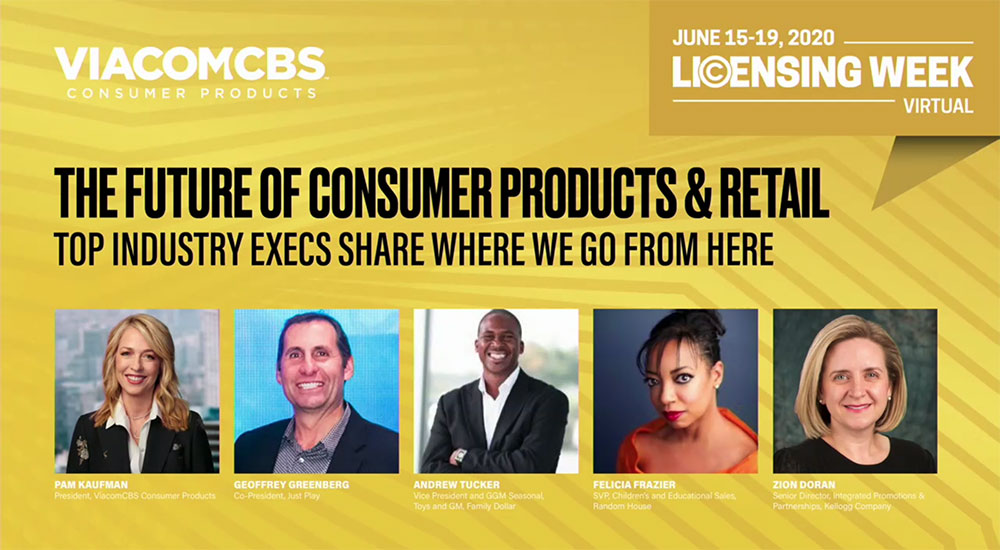
The first-ever Licensing Week Virtual, organised by the Global Licensing Group in partnership with industry trade association Licensing International, took place on 15-19 June. Bringing licensing industry professionals together from across the globe, it provided an essential event platform at a time when physical networking was not possible.
The virtual conference and exhibition secured 4,477 attendees globally from the US, UK, Mexico and more.
Noted attendees included Selfridges, John Lewis and El Corte Ingles, amid other world-renowned retailers. Furthermore, 2,933 virtual meetings were scheduled throughout the five days. On average, attendees spent over 23 hours on the event platform.
Commenting on Licensing Week Virtual is Anna Knight, Global Licensing Group vice president, Informa Markets. “This business is built from connections. The fact that the number of meetings coordinated during the event virtually mirrors the number set up in-person at our live events showcases the industry’s immense need for connections and learning.
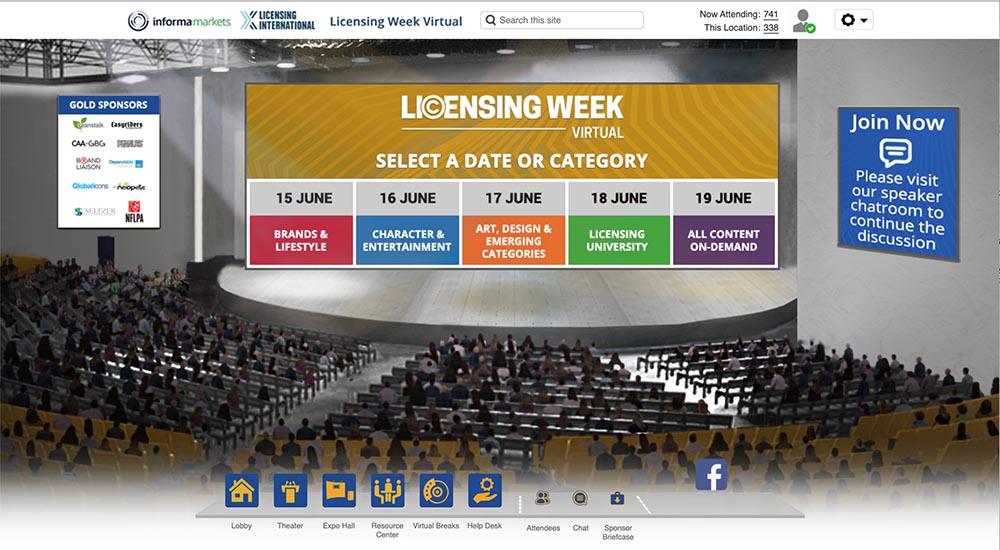
“The most critical part of setting up a virtual event such as this was keeping our community needs at top-of-mind. Also, realising that not every single element of a live trade show can transfer over to a digital event beat-for-beat. We’re pleased with the results of Licensing Week Virtual. We will continue to complement live events with digital offerings to reach the broad and agile licensing community.”
The business of brand licensing is historically dependent upon face-to-face connections.
Licensing Week Virtual notably saw 2,933 meetings coordinated through the Matchmaking Service. This is almost parallel to the number of meetings that took place at the live Licensing Expo event. Most attendees engaged with seven pieces of content as well as averaging 23 hours and 23 minutes on the event platform; reflecting the need for both industry education and network-building.
Each day of the event featured content mirroring that commonly found at Licensing Expo and Brand Licensing Europe. It was organised into the following categories: Brands & Lifestyle, Character & Entertainment, Art & Design, and also Emerging Categories. The following industry trends were notable within each category.
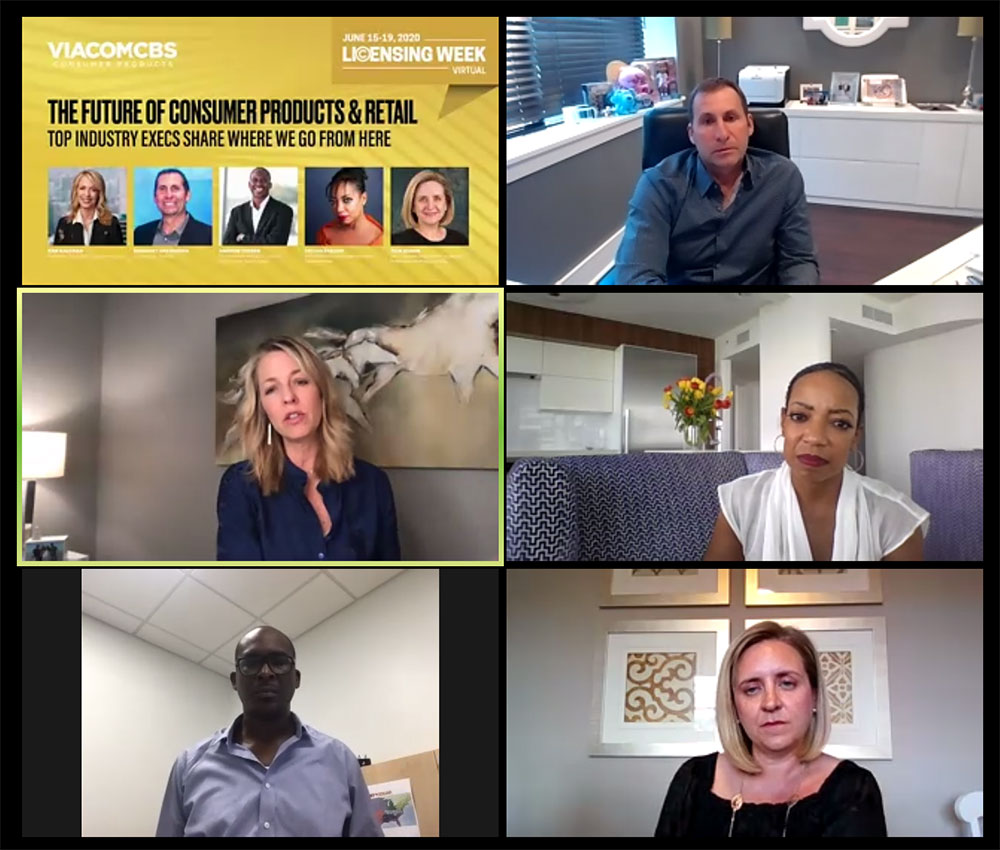
Brands & Lifestyle
As the industry works through Covid-19, brands can look to the power of nostalgia to attract consumers as they cling to the familiar. The value of purpose is now popular amongst corporate and lifestyle brands experiencing interest from younger generations; Millennials and Generation Z.
Brands that can showcase humility and values with conviction, standing for causes such as human rights, sustainability and support through strategic licensing partnerships, can expect to see increased interest from a new set of conscious consumers.
Character & Entertainment
The retail and licensee communities turned to ecommerce to slow the loss of revenue caused by Covid-19. With companies now focusing product rollout efforts through an ecommerce channel, the need for companies to be highly visible digitally and make online shopping a viable alternative to in-store shopping is a scalable and viable strategy.
The pandemic forced non-digitally native and hesitant consumers to understand the ecommerce landscape, from mobile kerbside orders to delivery groceries. Due to this shift direct-to-consumer opportunities will be a larger segment, even as retailers begin to open.
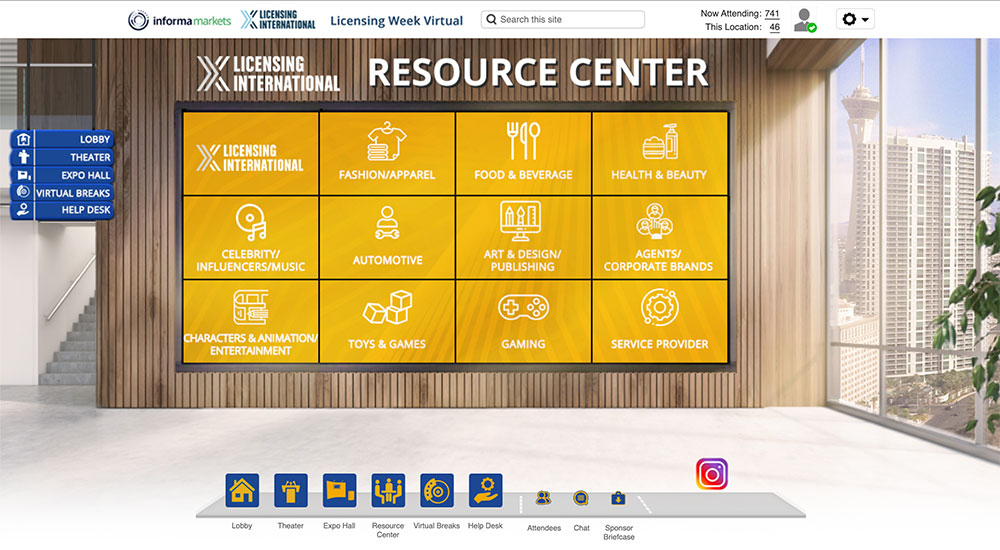
Art & Design
“Label-slapping” is becoming a method of the past. In replacement are deeper and profound brand collaborations with arts and designers.
As consumers seek a greater connection to art through social media and online, licensing allows artists to extend their brand to a wider audience through products that fall outside of their traditional domain. Product categories seeing growth are crucial to the art and design licensing community. For instance, home décor, footwear and also accessories
Emerging Categories
The rise in video gameplay has led consumers to a growth in interest toward eSports and video game influencers. Fandom has gone beyond the basics of playing singularly and now extends into an entire video game ecosystem.
Companies that have creatively leveraged the massive fanbase in the gaming sector have shown promise in such partnerships. For instance, Epic Games’ “Fortnite” partnerships with brand owners for in-game digital concerts and licensed character releases have extended the brand’s popularly into other non-gaming audiences.





